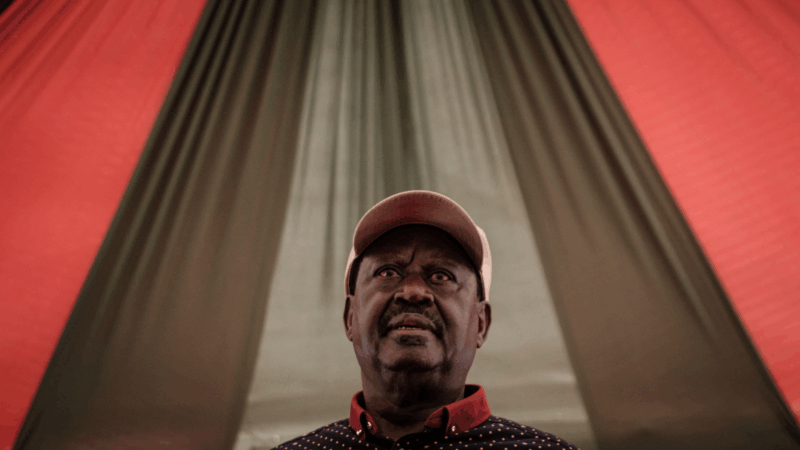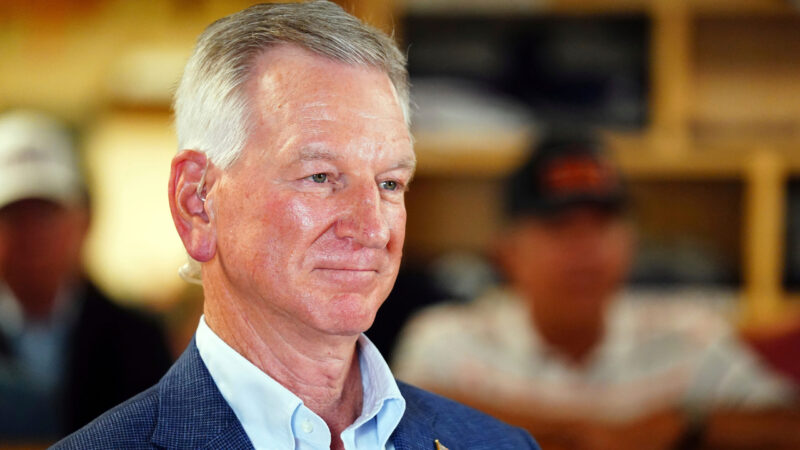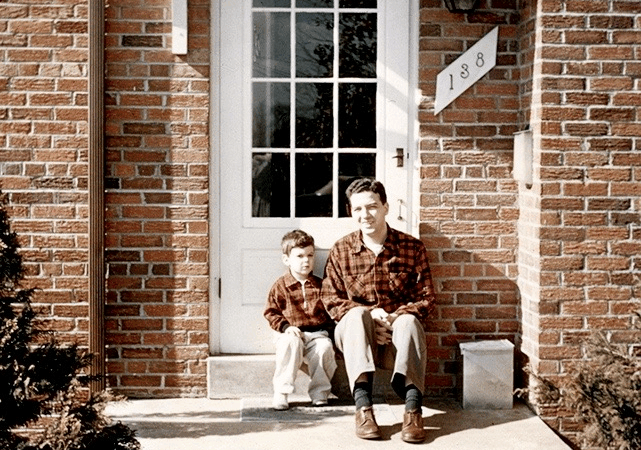Raila Odinga, Kenya’s former Prime Minister, dies at 80
Kenya’s former Prime Minister and veteran opposition leader Raila Odinga has died at the age of 80. Widely regarded as one of the country’s most influential political figures, Odinga shaped Kenya’s modern democracy over a career spanning more than four decades.
The Devamatha Hospital in Kerala, India, confirmed his death after he suffered a cardiac arrest during a morning walk on Wednesday.
Odinga ran for president five times without success, including in the disputed 2007 election that triggered widespread ethnic violence, leaving nearly 1,000 people dead.
In a live address to the nation, Kenya’s President William Ruto, declared seven days of national mourning. He paid tribute to Odinga as “the father of our democracy,” and a “giant” of Kenyan politics.
“Raila Amolo Odinga was a once-in-a-generation leader — a man whose ideals rose above politics and whose legacy will continue to shape Kenya’s destiny,” Ruto said.
Despite never attaining the presidency, he was credited with helping dismantle Kenya’s one-party rule under Daniel arap Moi in 1992 and championing the progressive 2010 constitution, which ushered in far-reaching political reforms.

In recent months, Odinga made headlines for signing a political deal with President William Ruto, following weeks of youth-led anti-government protests that left hundreds dead. The move divided opinion in Kenya but underscored Odinga’s enduring role as a political power broker.
Born in 1945 western Kenya, Odinga commanded a passionate and loyal following across the country — from his home region to Nairobi’s Kibera, one of Africa’s largest slums, where his support ran deep.
Alabama GOP dismisses challenge to Tuberville candidacy
The Alabama Republican Party Candidate Committee dismissed the challenge filed by Ken McFeeters accusing Tuberville of not meeting the seven-year residency requirement to run for governor.
5 papers from the Super Bowl of Economics
Planet Money went to the annual meeting of the American Economics Association, and we saw some fascinating papers presented there.
I thought I’d heard my dad’s voice for the last time. A movie helped me find it again
A period drama, a Supreme Court case and voice our film critic hadn't heard in decades.
19 Winter Olympic storylines we’re watching (they’re not just about sports)
The Winter Olympics promise plenty of high adrenaline, fierce competition, historic firsts and emotional moments over 2 1/2 weeks. Here are some of the names and narratives to keep an eye on.
Privatizing Fannie Mae is risky. Would it be a win for taxpayers or Trump’s donors?
The idea has alarmed critics, who warn it could rattle financial markets and drive up mortgage rates, while potentially generating large profits for key Trump supporters.
Can’t wait for Olympic curling? Trying its Southern cousin: skillet curling
It might seem inelegant to yeet an iron skillet across an ice rink. But this spinoff sport has its own techniques and lingo: You can throw a turtle at the bacon, for instance.






